SPACE
Programs
Masters Degrees
The Master of Science (M.S.) Degree Programs feature coursework, research training, and collaborations with faculty in a research-led culture emphasizing rigor, creativity & innovation. Students will join industry leaders to help guide the sustainable development of Space, and with the support of commercial and international partners will conduct impactful research in space-related fields to enable human expansion from Earth to Space.
Graduate Certificates
Online programs focusing on Interdisciplinary Space Studies, KSI provides specialized graduate certificates for those aiming to excel in the space industry. Our flexible programs offer theoretical knowledge and practical experiences, tailored to your interests. Learn from renowned faculty, explore new frontiers, and gain skills and credentials to advance your career.
Space Education
Address the needs of a rapidly evolving space industry, experience space programs equipping the leaders of tomorrow with the knowledge and know-how needed to successfully navigate change and growing space industry. Our comprehensive courses and workshops cover space technology, human spaceflight, and mission operations. Led by industry professionals, to support research and development of the human exploration and migration to space. Unleash your potential and let’s go beyond boldly!
Space Scholars
Explore Your Full Potential! The Space Scholars Program is looking for scholars to support R&D supporting the expansion of human civilization from Earth to Space. We are recruiting exceptional people with a passion for space exploration. We provide education in science, engineering, or space education and to develop new knowledge and experience in pioneering fields of research related to human living and working in space.
Space Research
KSI aims to cultivate transformative impact on society through continuous innovation in education and research, with a shared commitment among all members of its community to promote the reverence for life and principles of equal opportunity, equity, and justice. We are dedicated to fostering an open and collaborative culture, providing students an experiential learning experience combining practical skills and rigorous academic study in a diverse and inclusive environment. We seek to build a better world through empowerment, vigilant protection of individual human rights and freedom of expression and inquiry.
Training & Development
Discover new ideas and experiences, space education for the builders of tomorrow, short courses up to 6 weeks focused on human space exploration. Delve into space settlements, lunar missions, Mars habitats, and beyond. Led by space innovators & experts, these programs provide in-depth knowledge & insights into the future of humanity in space. Enroll now to expand your understanding and contribute to open the next frontiers.
Kepler Space
University
Kepler Space University is dedicated to the expansion of human civilization from Earth into space. We believe this is necessary, both to acquire resources – based on the Law of Space Abundance to provide the fundamental needs of preserving peace and prosperity for humankind on this planet – and to extend life through our solar system and beyond.
Our name honors Johannes Kepler, whose findings on planetary motion in the early 17th Century formed the basis for the scientific discipline he called “celestial physics.” Our aim is to support research, exploration and development of space resources. The mission of Kepler Space University is to benefit society and advance human knowledge and expertise. The Institute is dedicated to the expansion of human civilization from Earth to Space. KSU is committed to discovery, preservation and dissemination of knowledge, educating the next generation of leaders, and the development of space exploration, commercialization, and settlement.
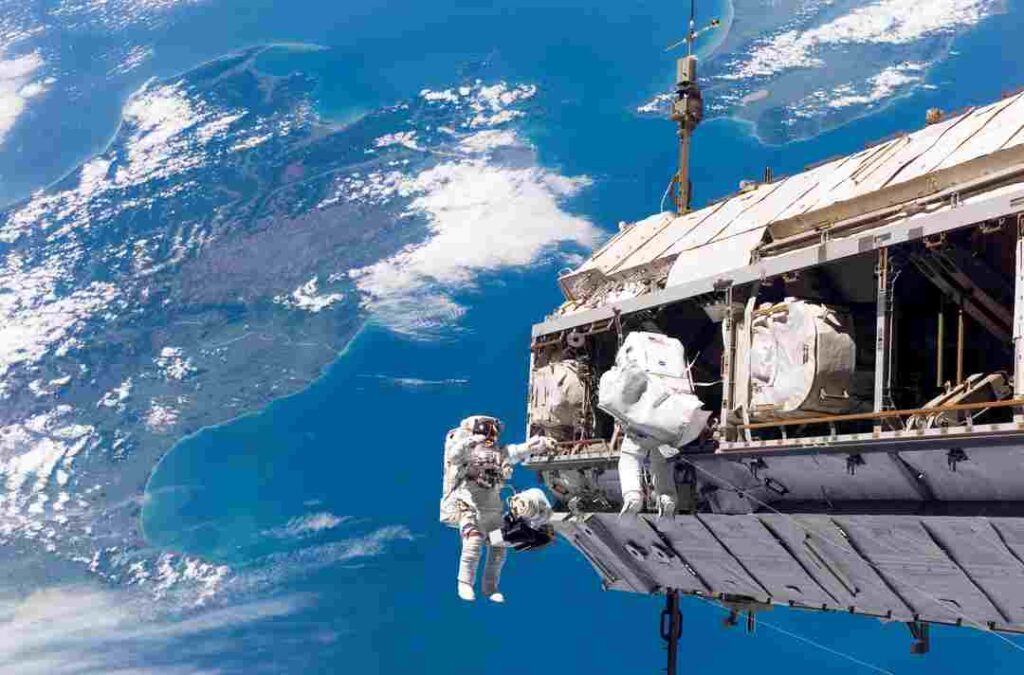
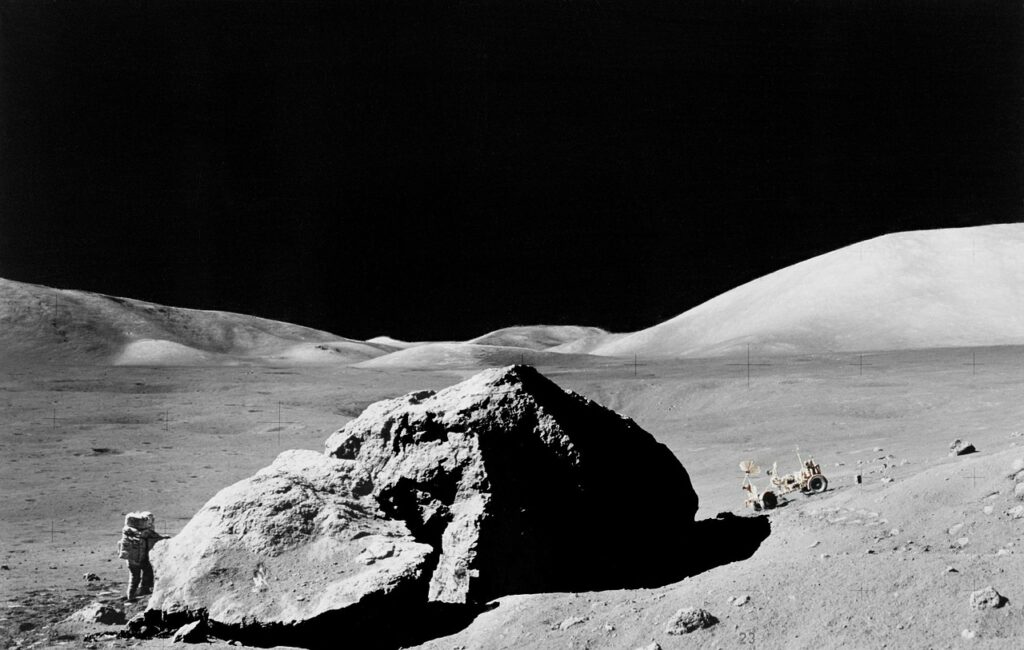
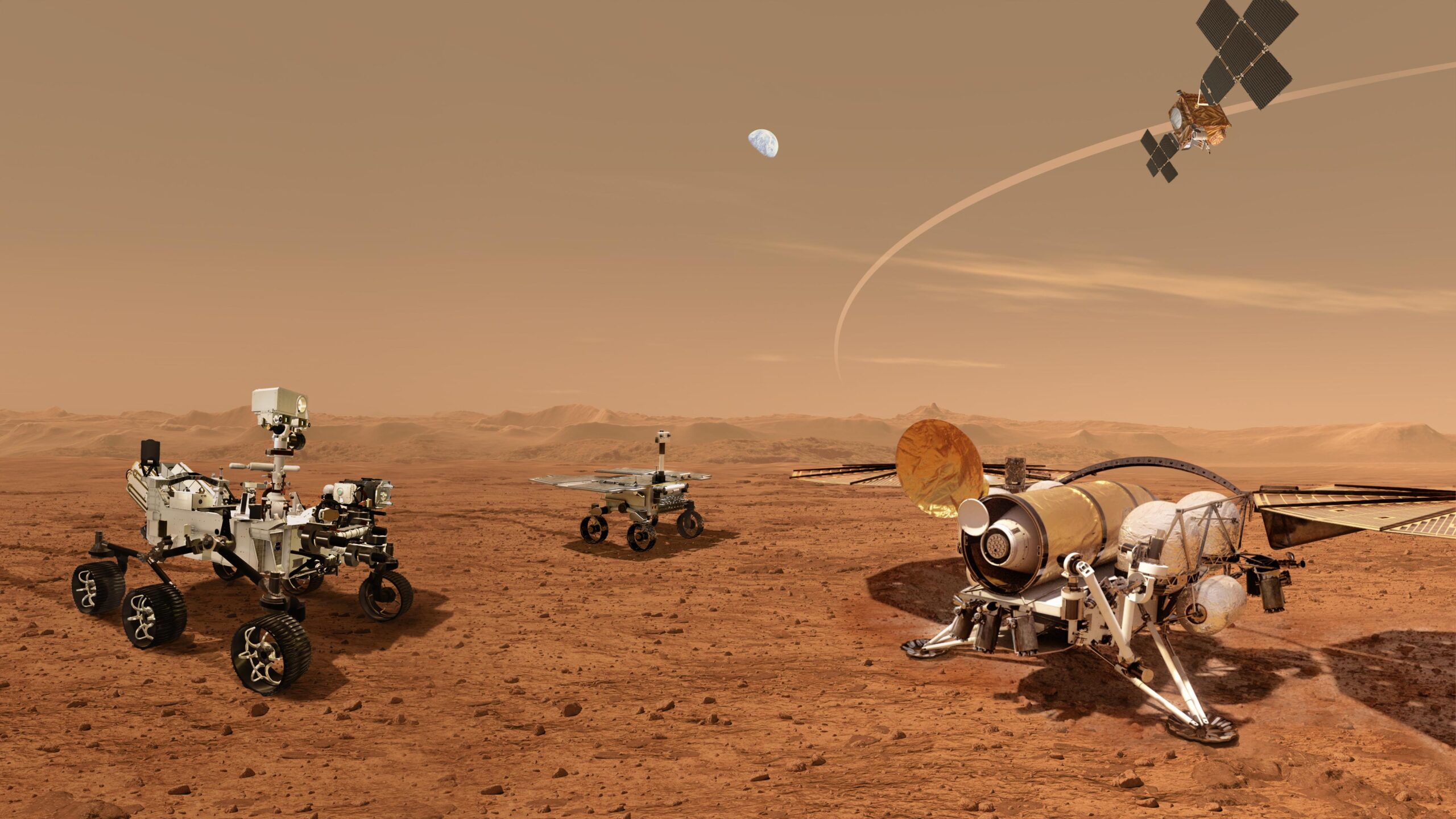
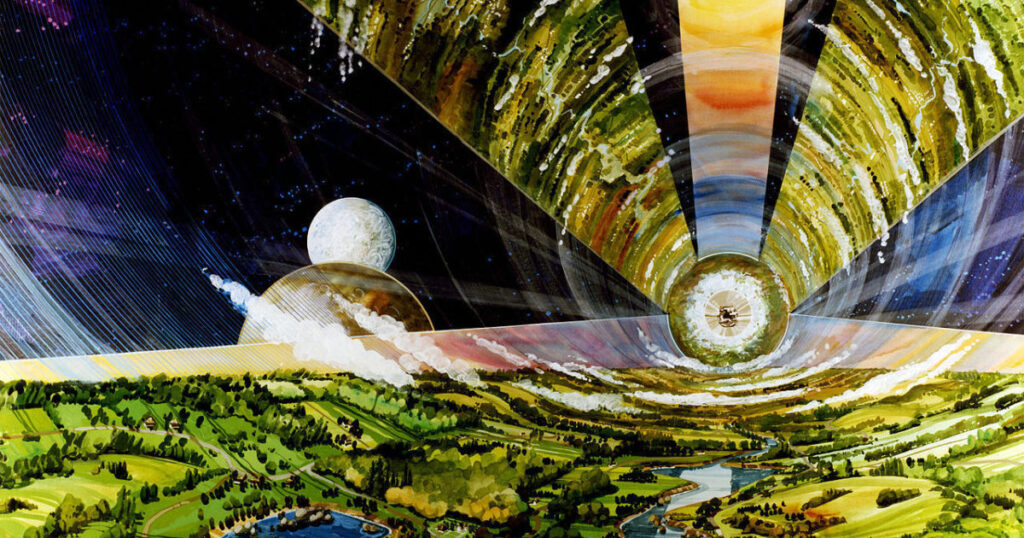
Start Your Journey
Stay Connected
CALENDER
Get more information
by email
Future
Students
Kepler Space University is committed to achieving the highest academic and research standards, promoting lifelong learning and facilitating access to meaningful work opportunities bridging students’ academic studies and professional aspirations within the expanding Space Community.
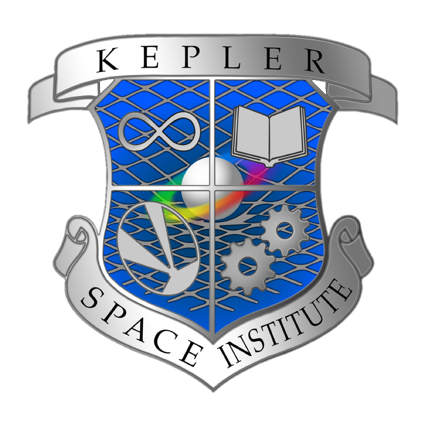

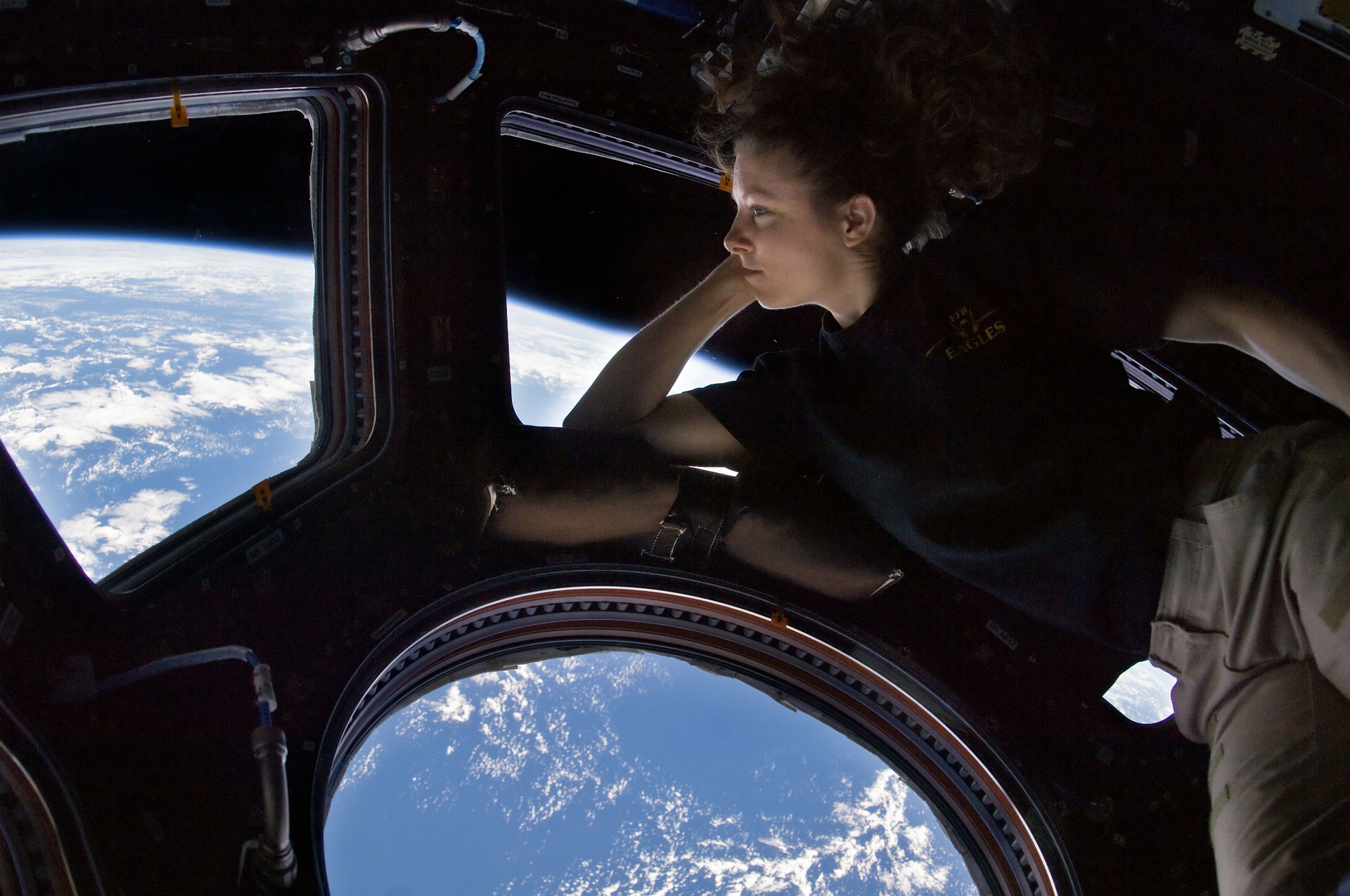

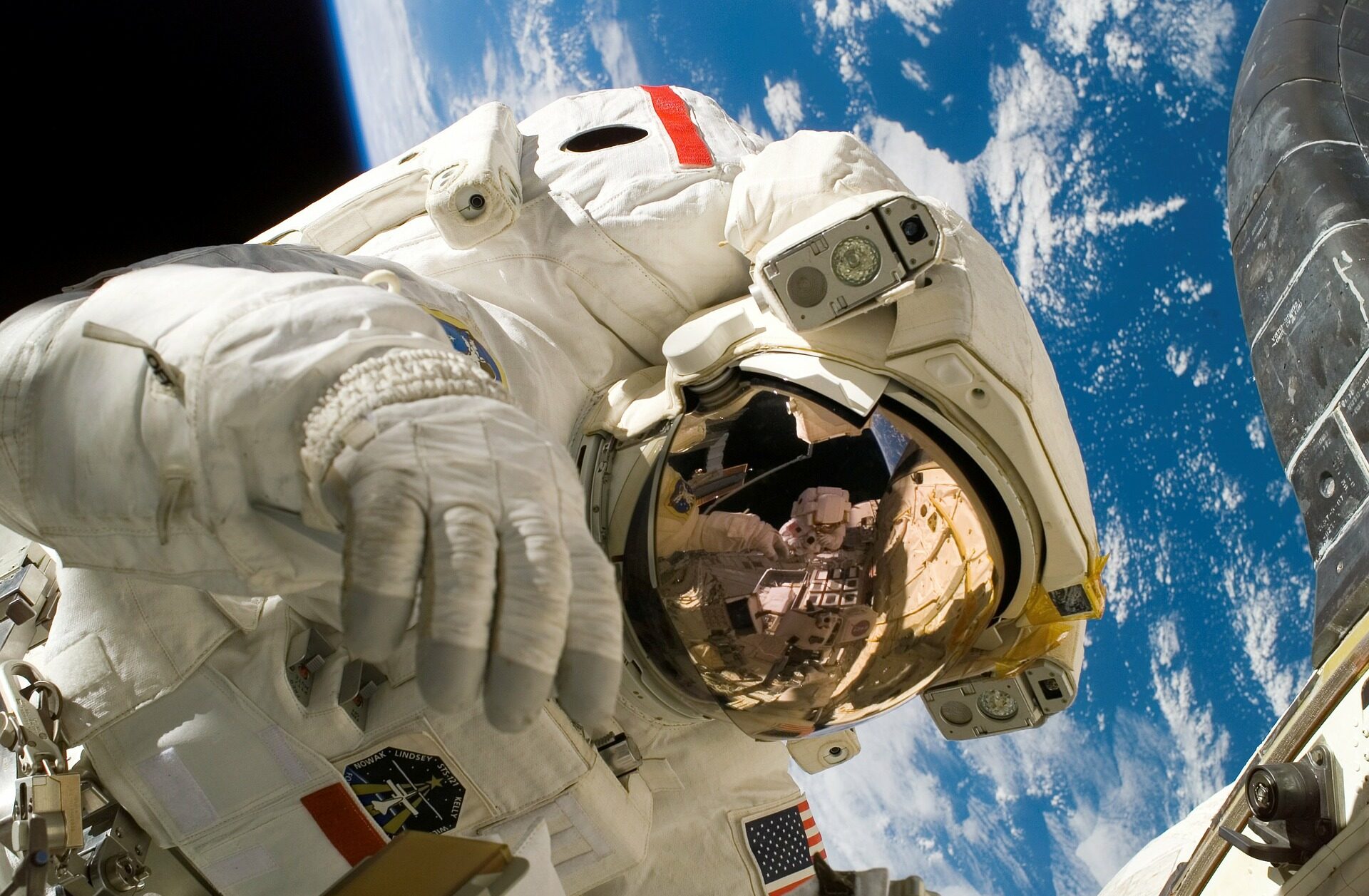
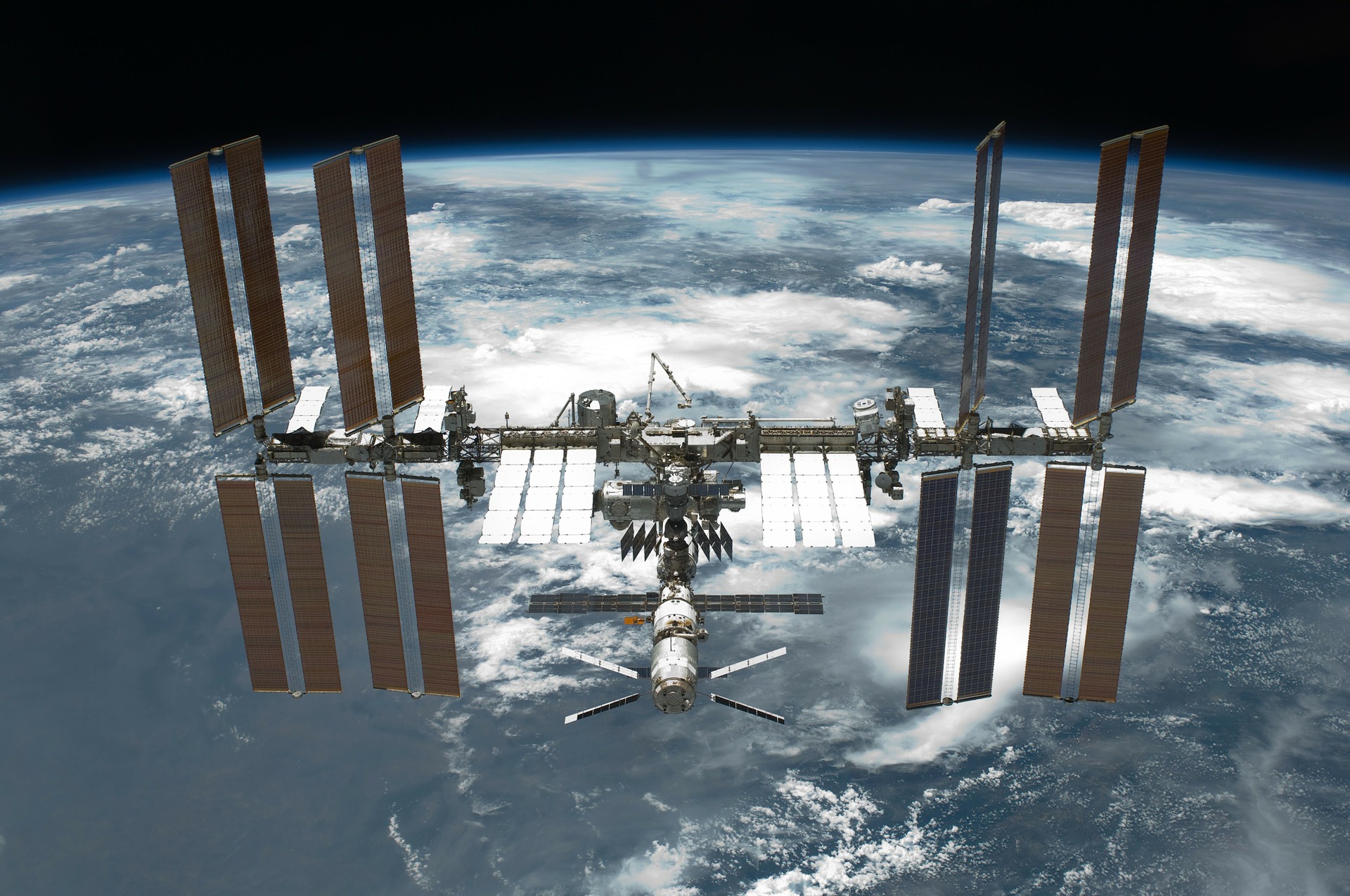
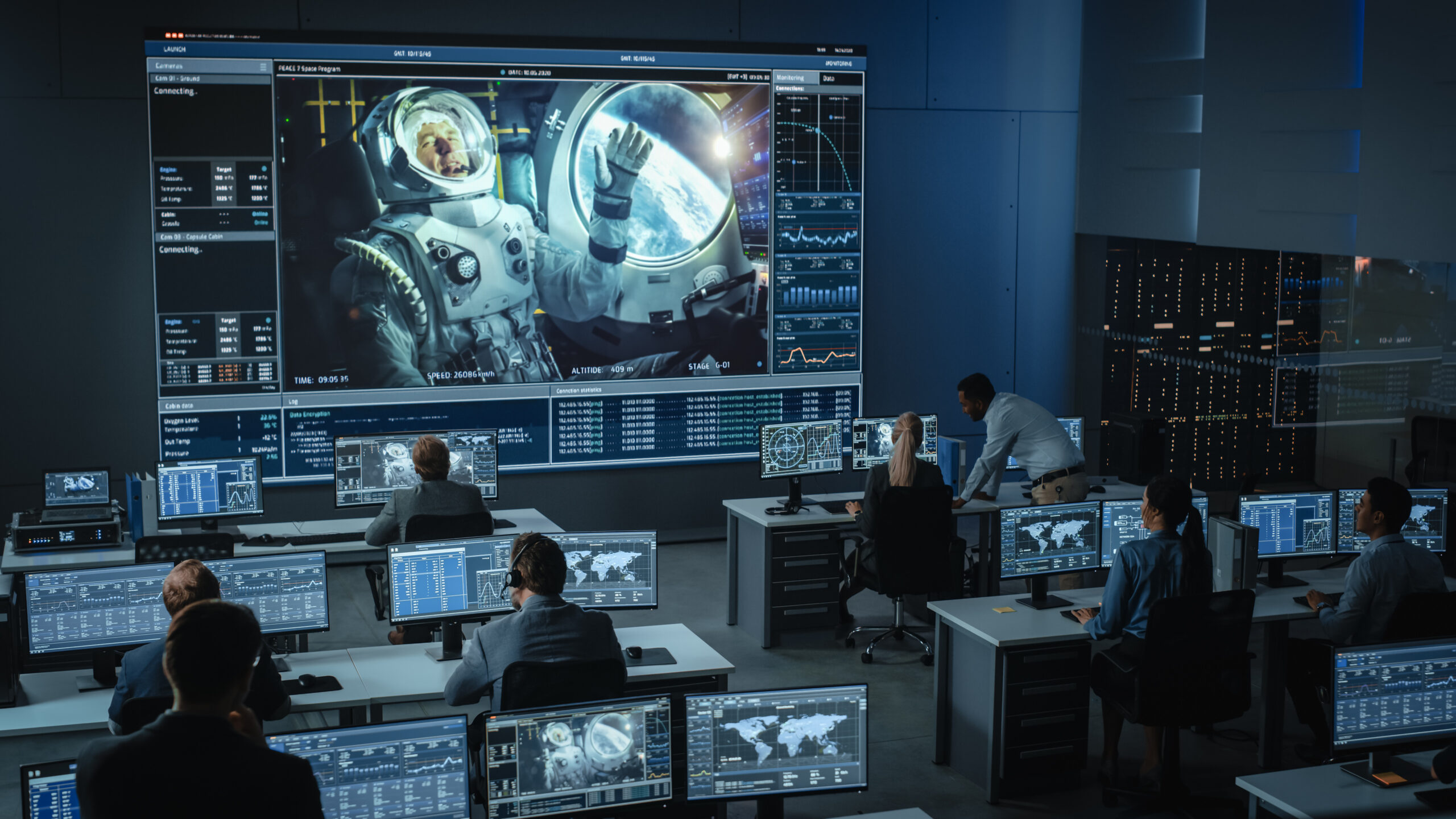
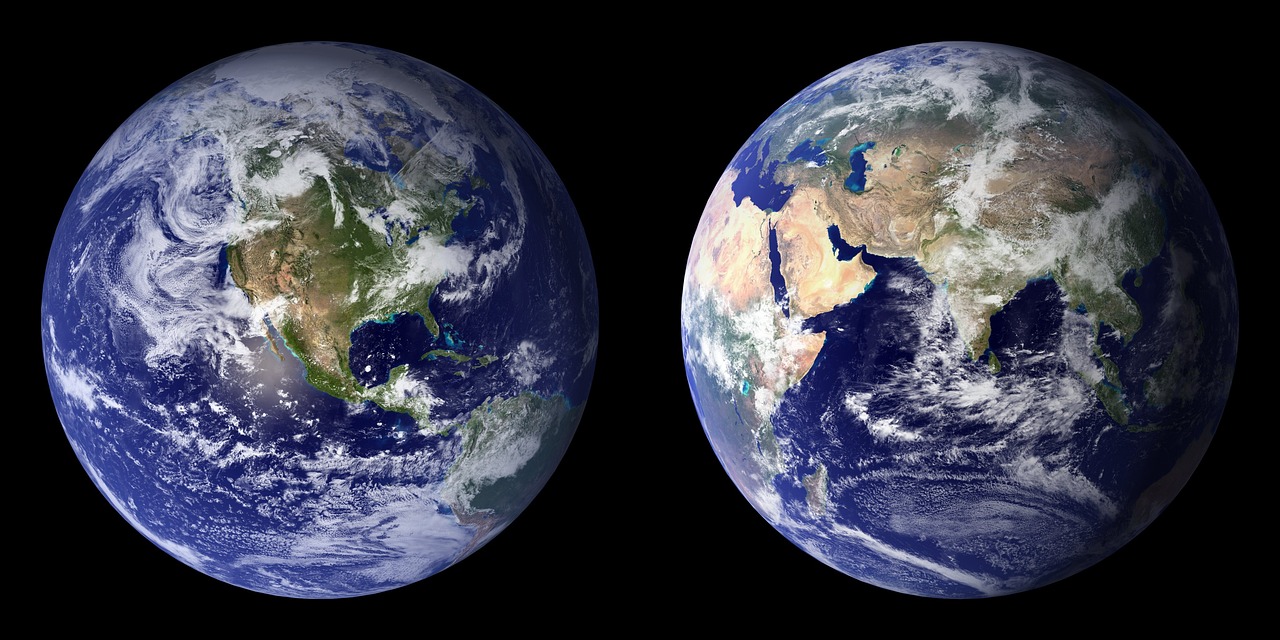


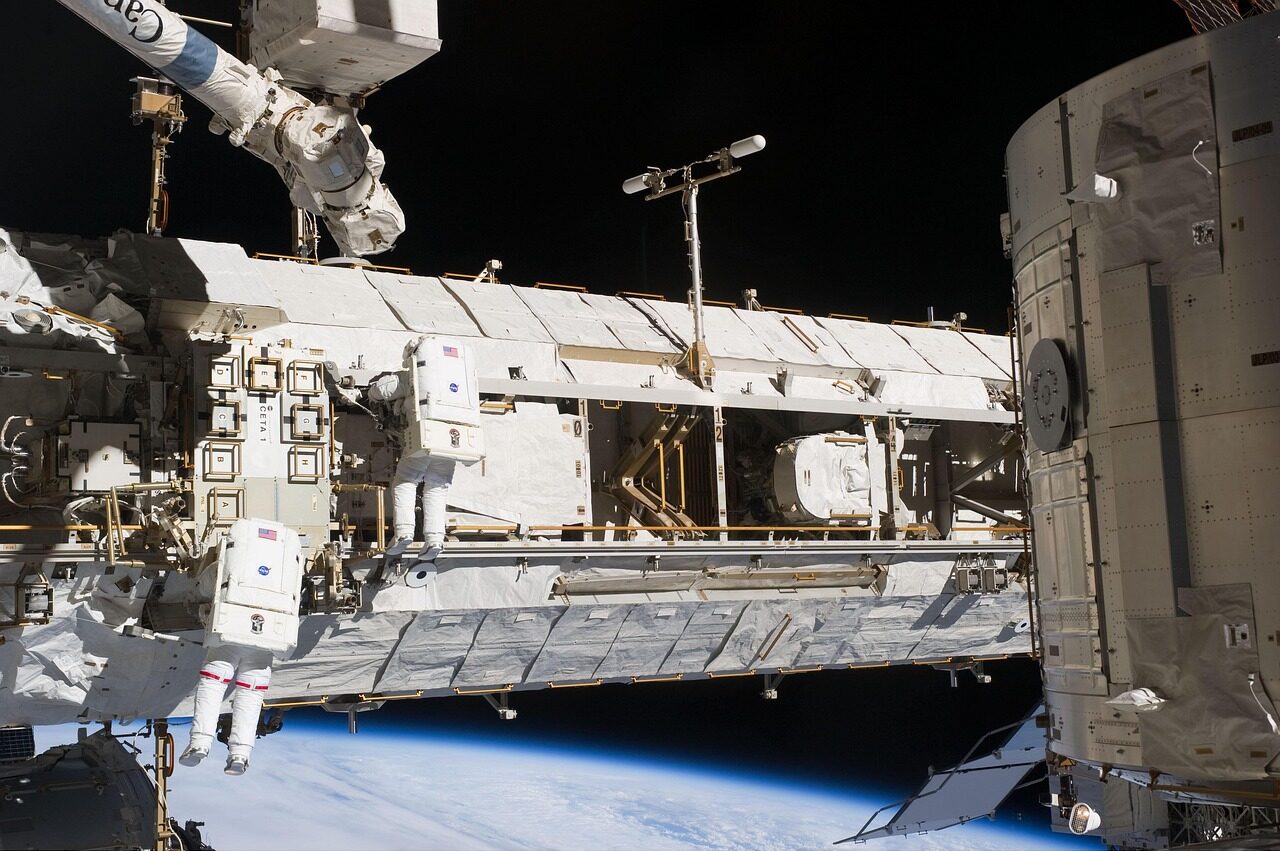
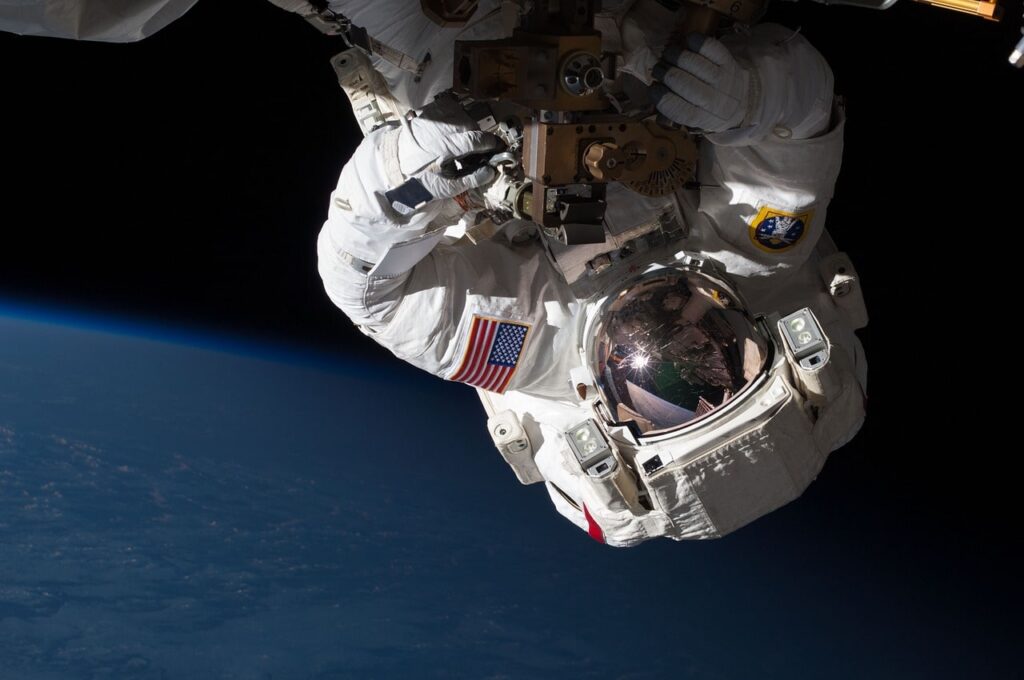
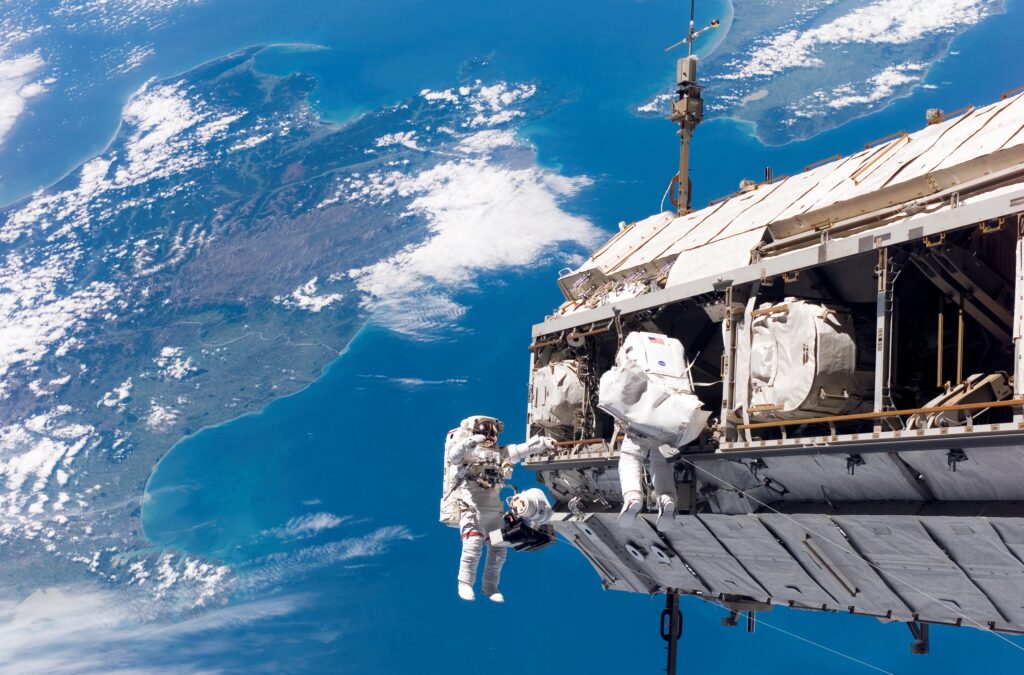
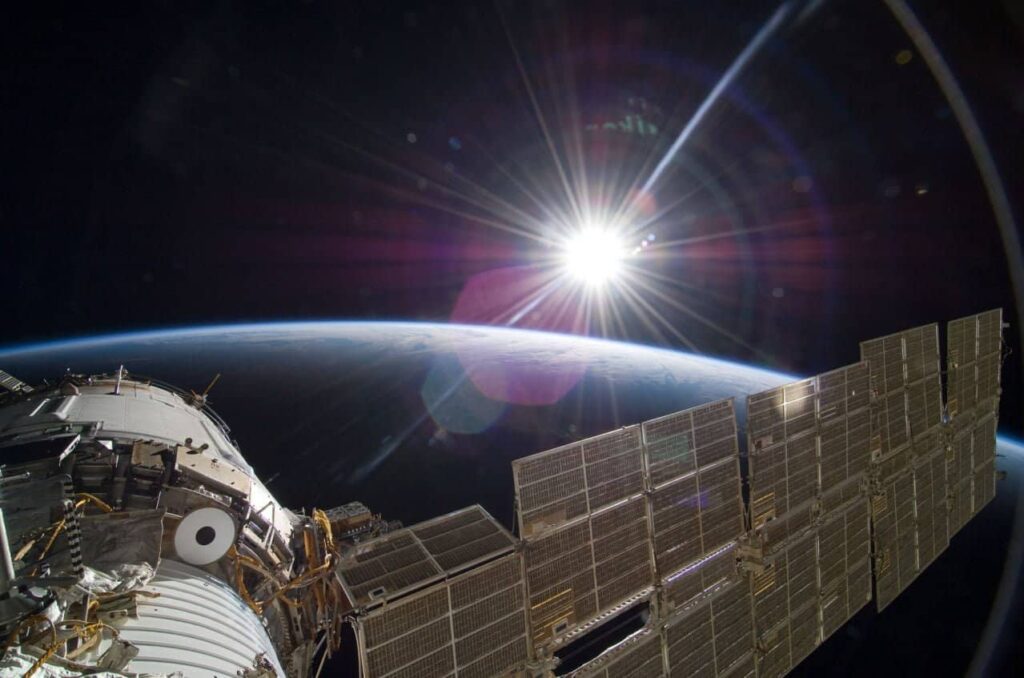
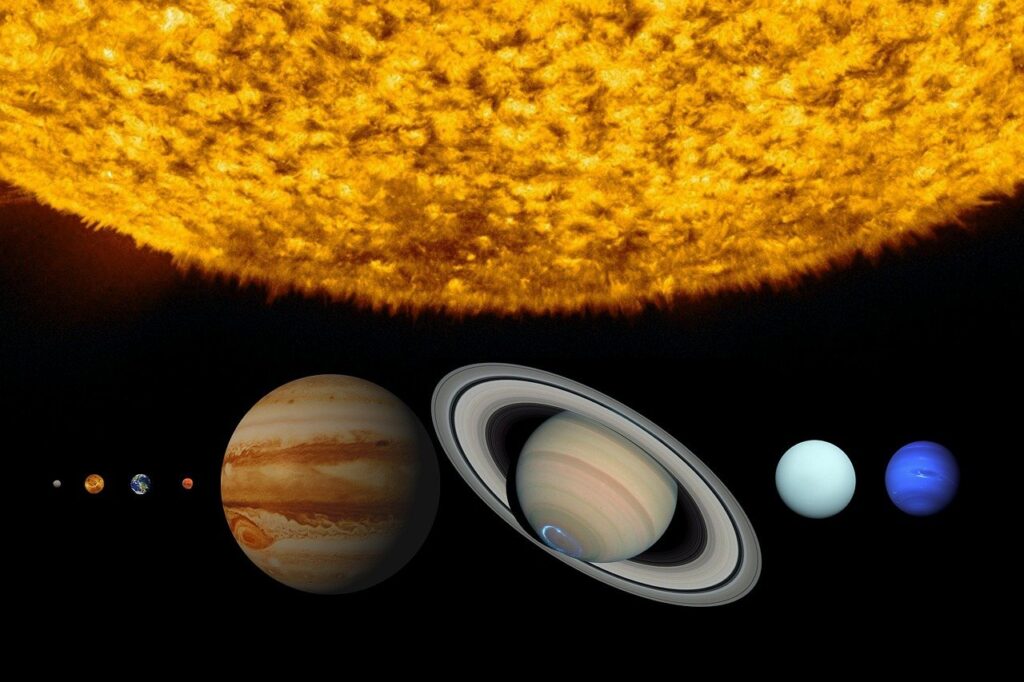
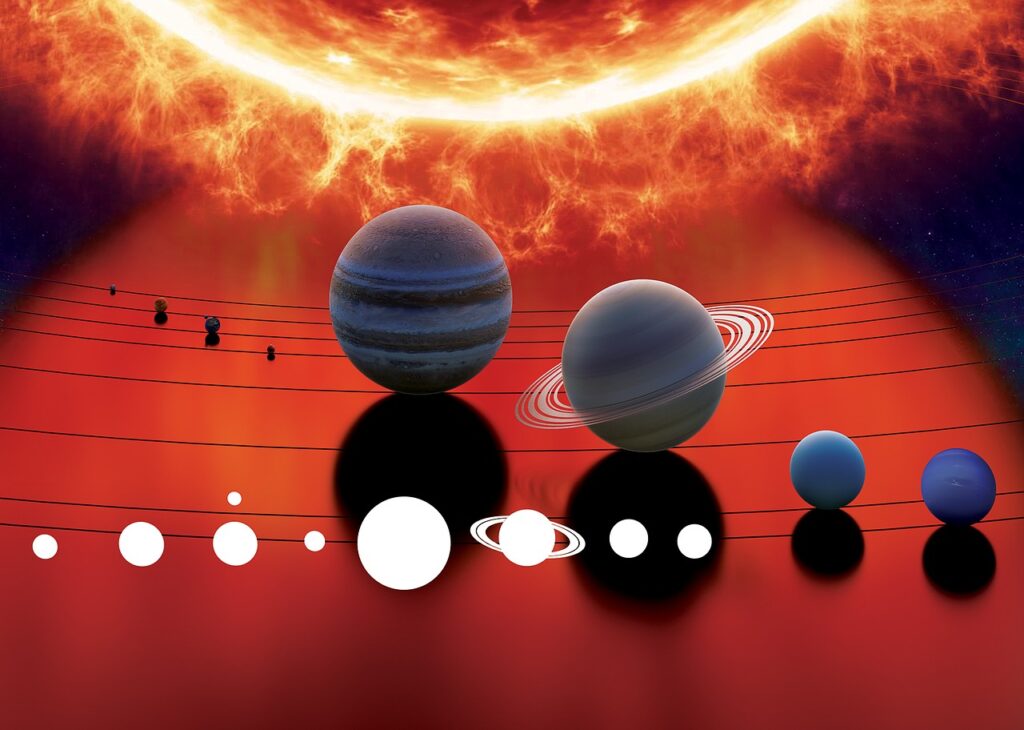
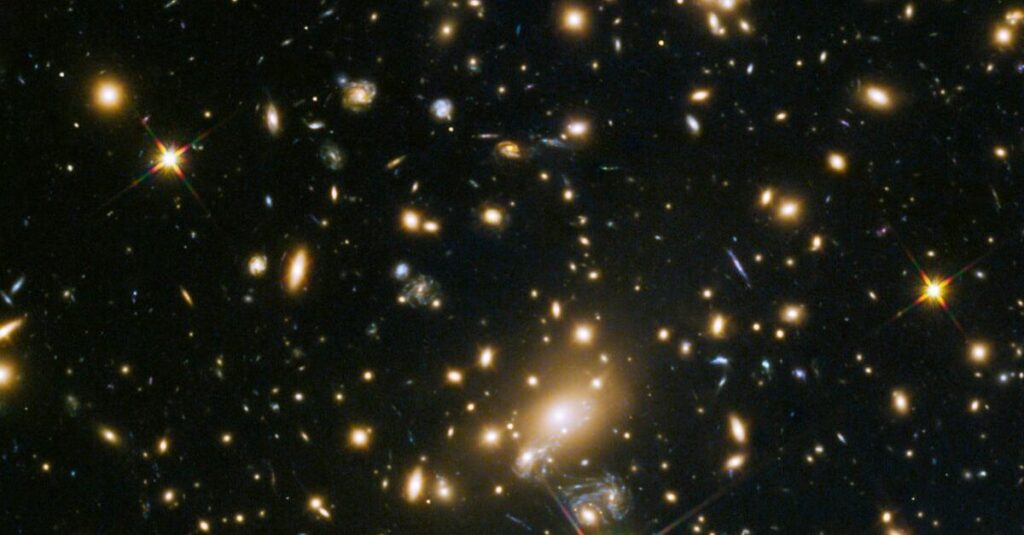
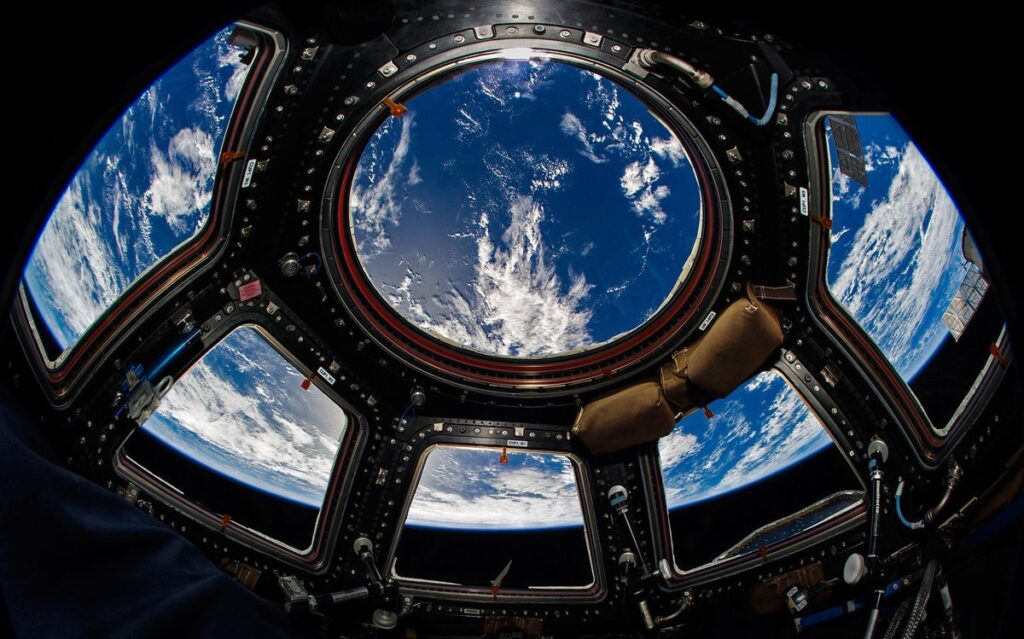
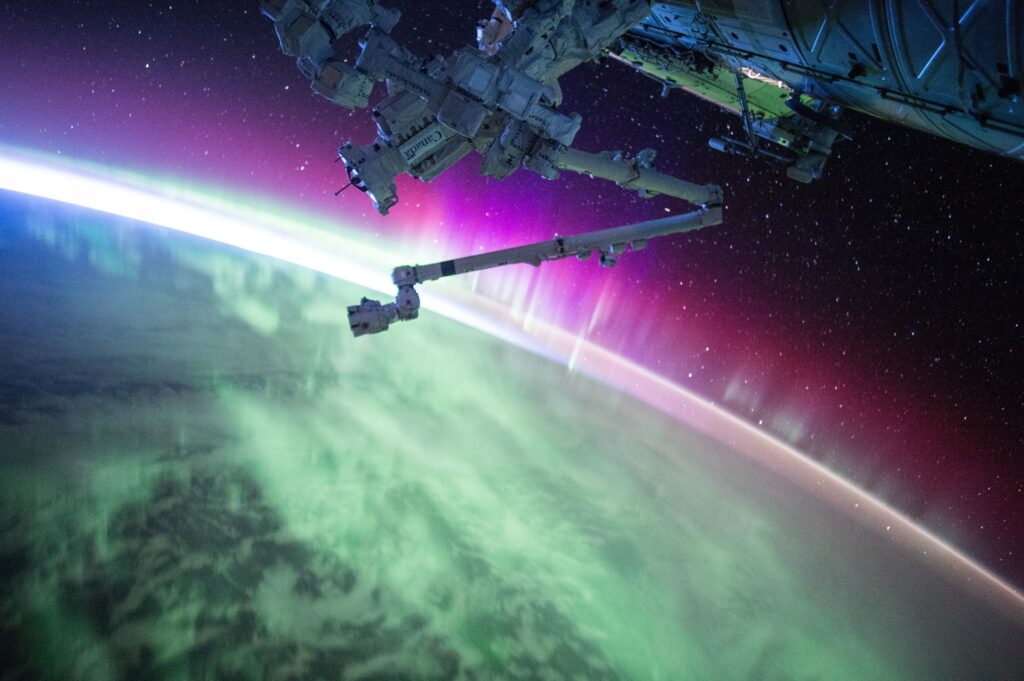
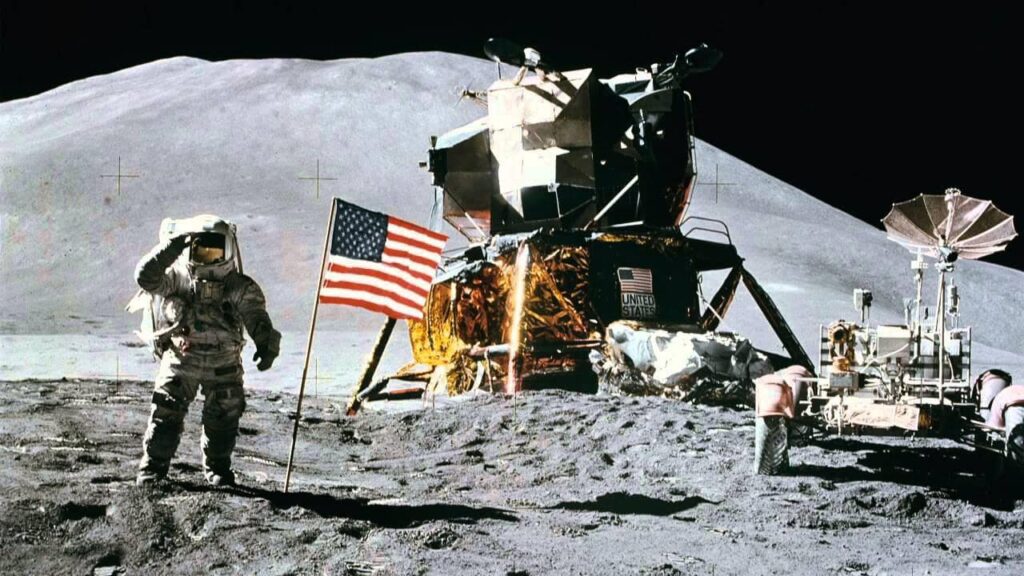
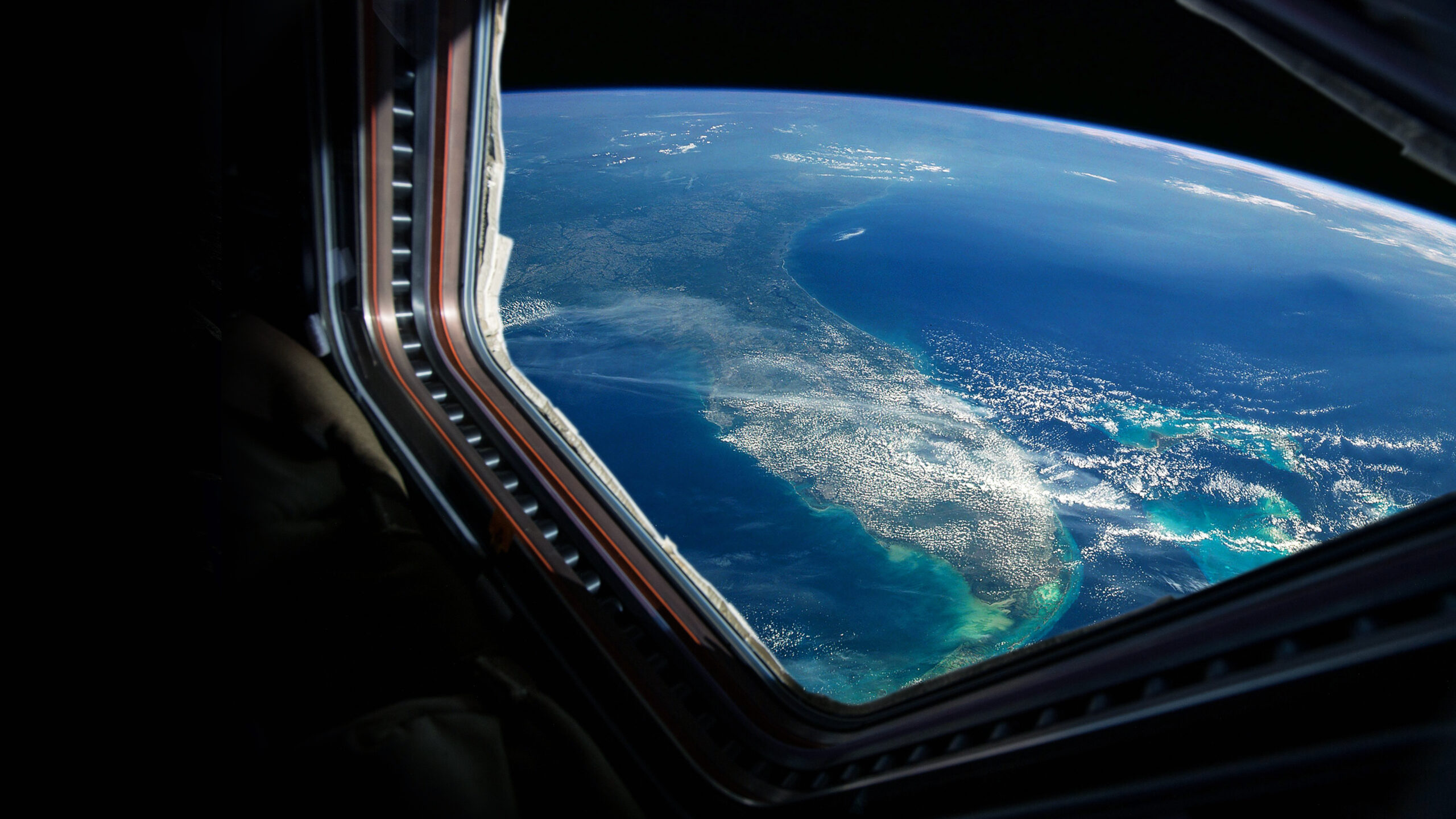

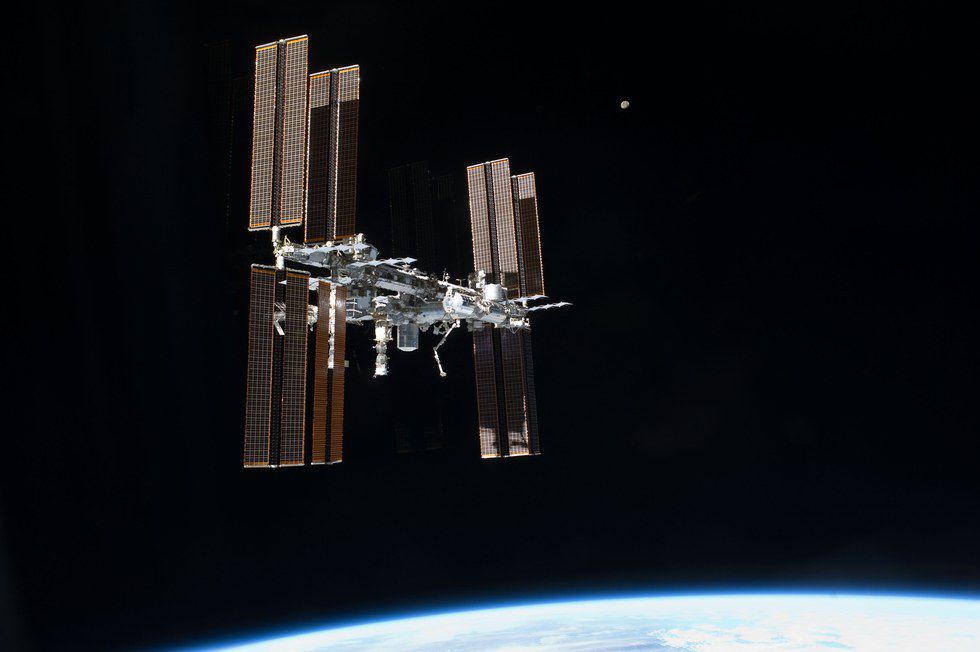
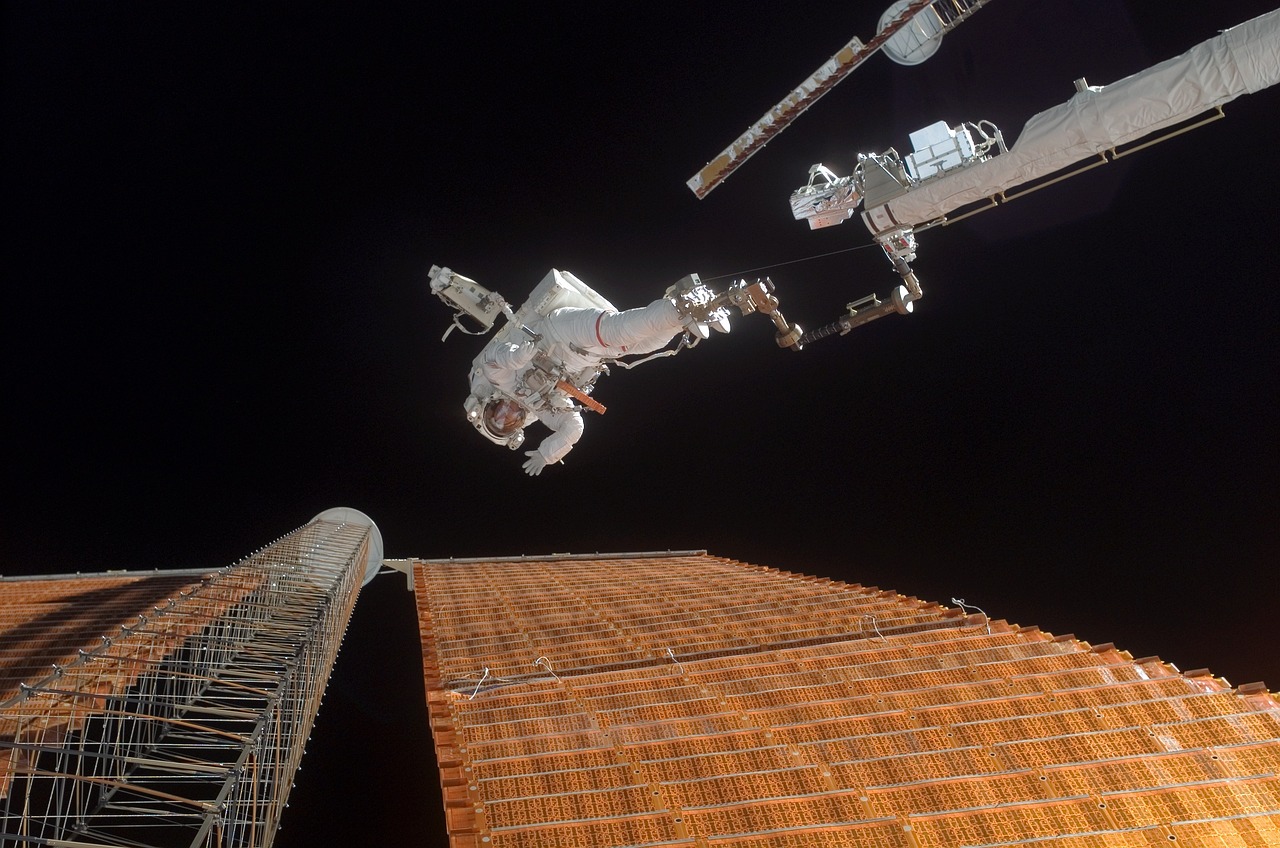
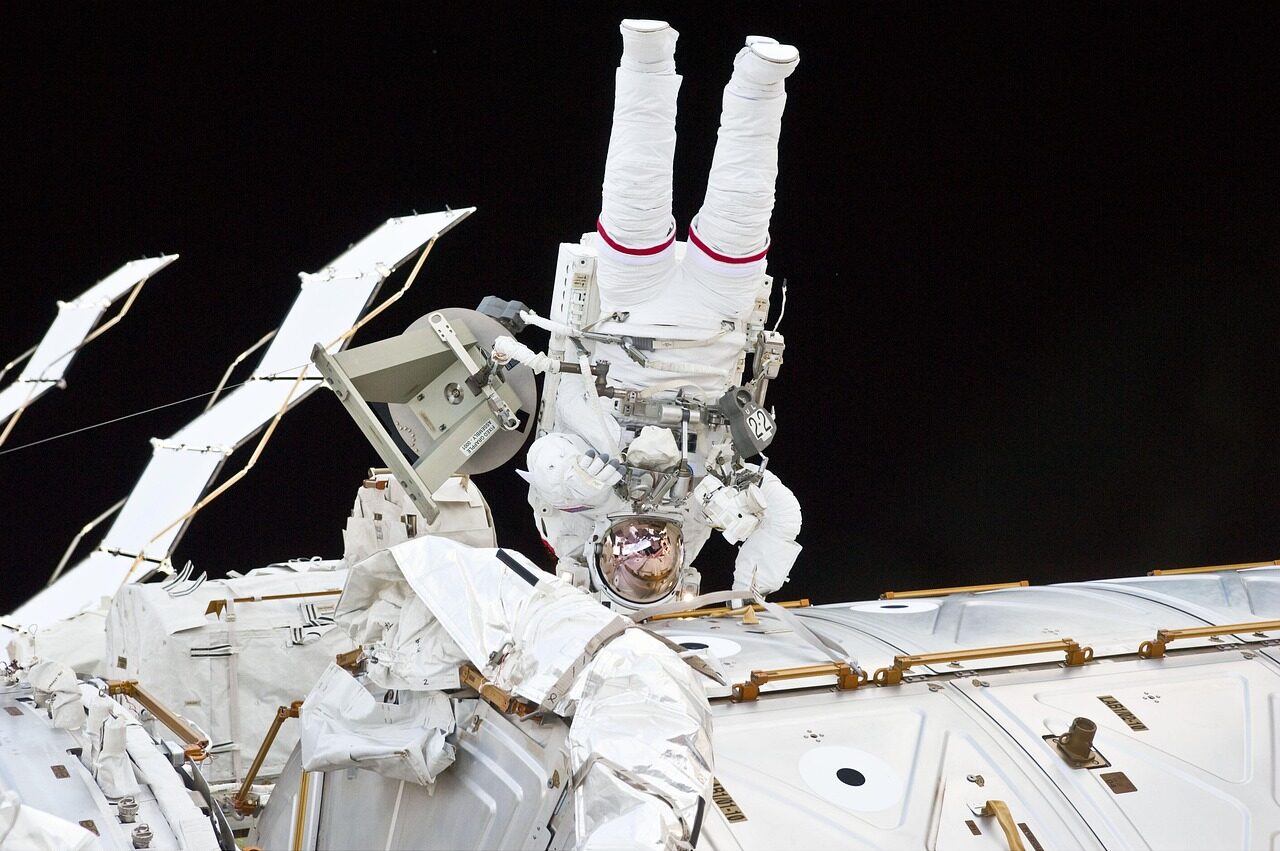
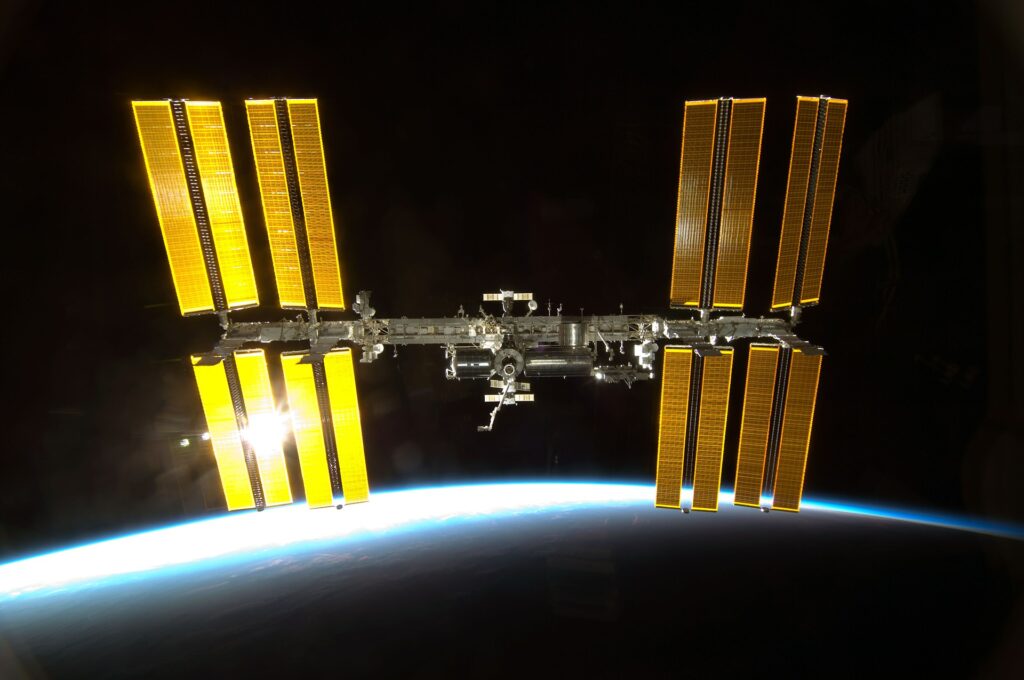
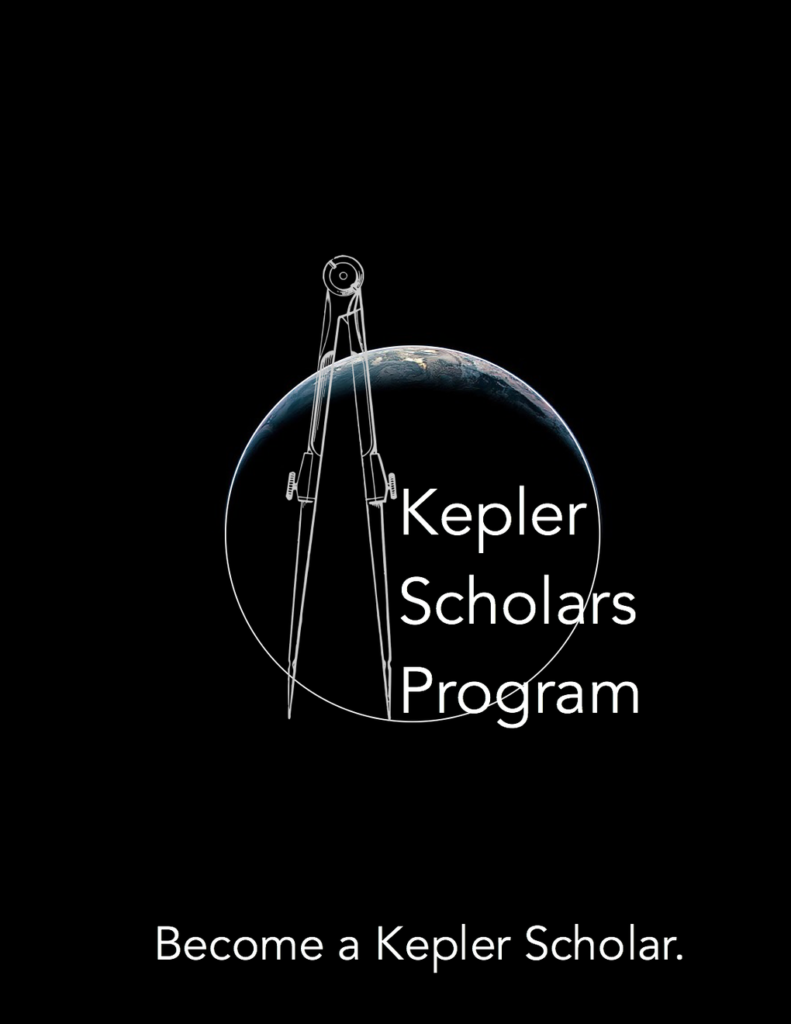


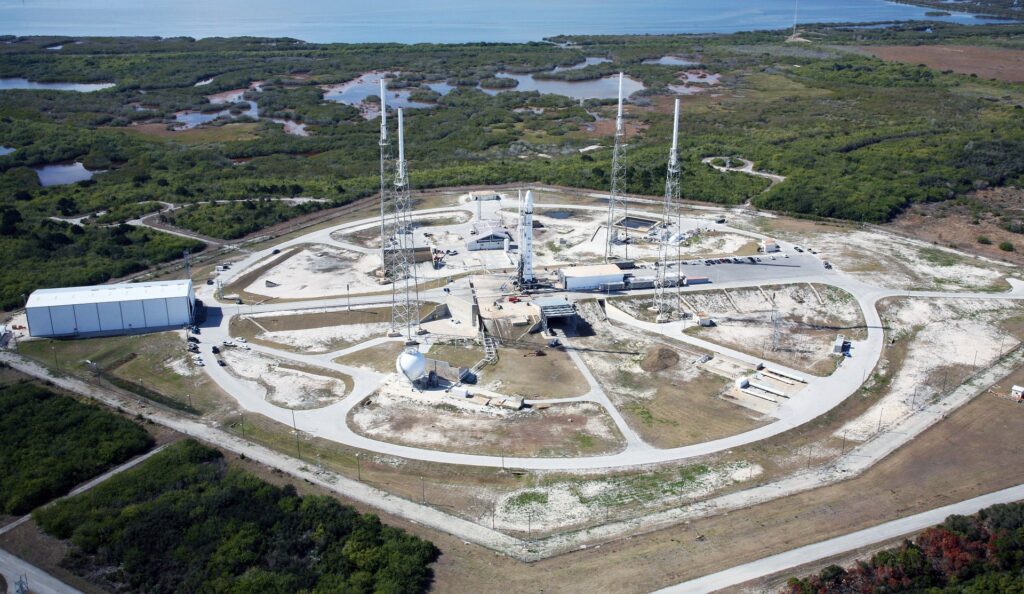
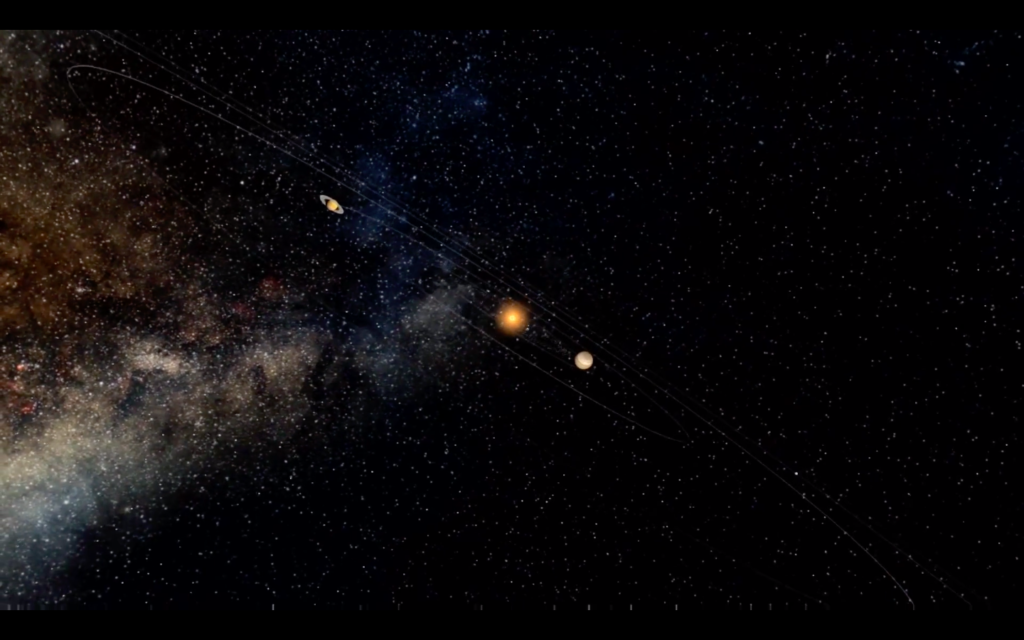
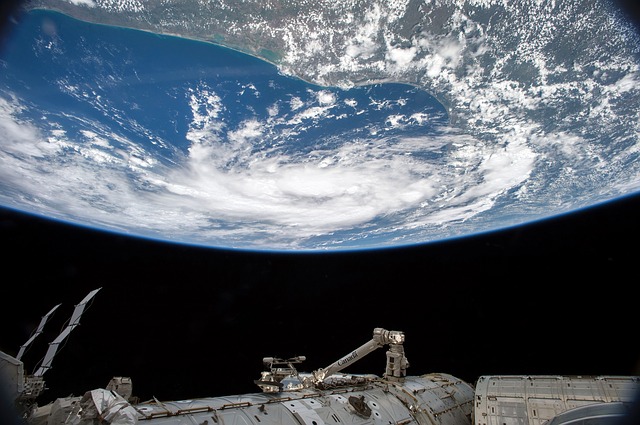
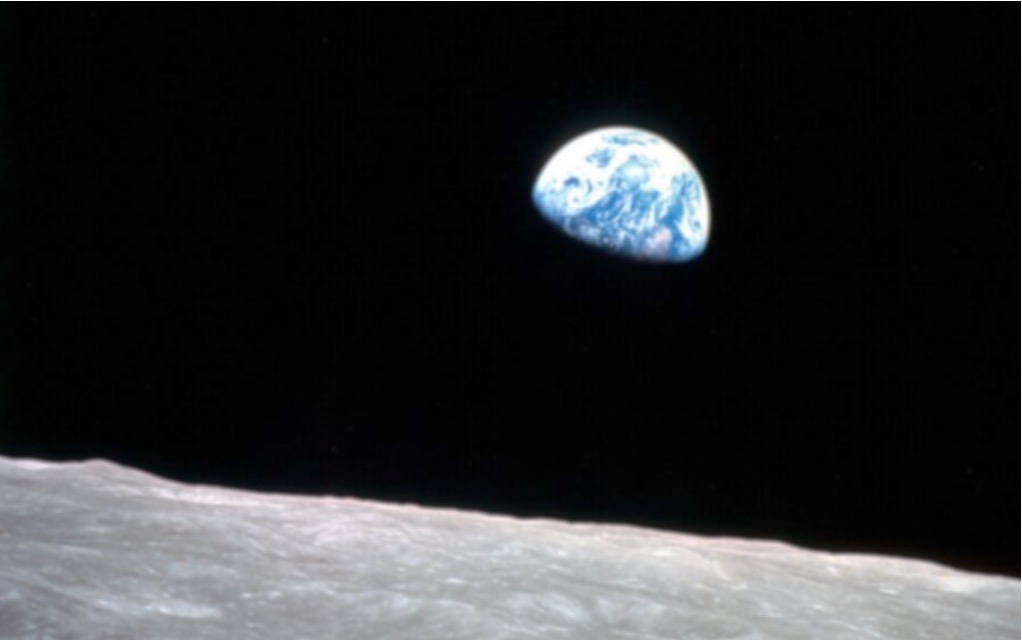







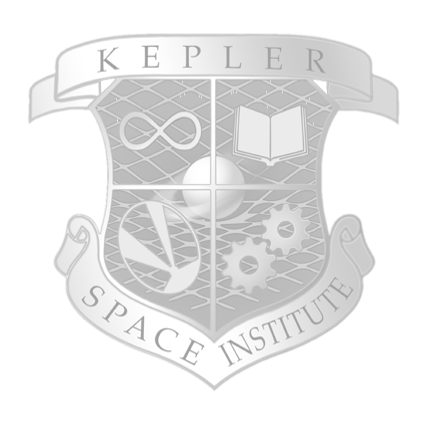
Experiential Learning